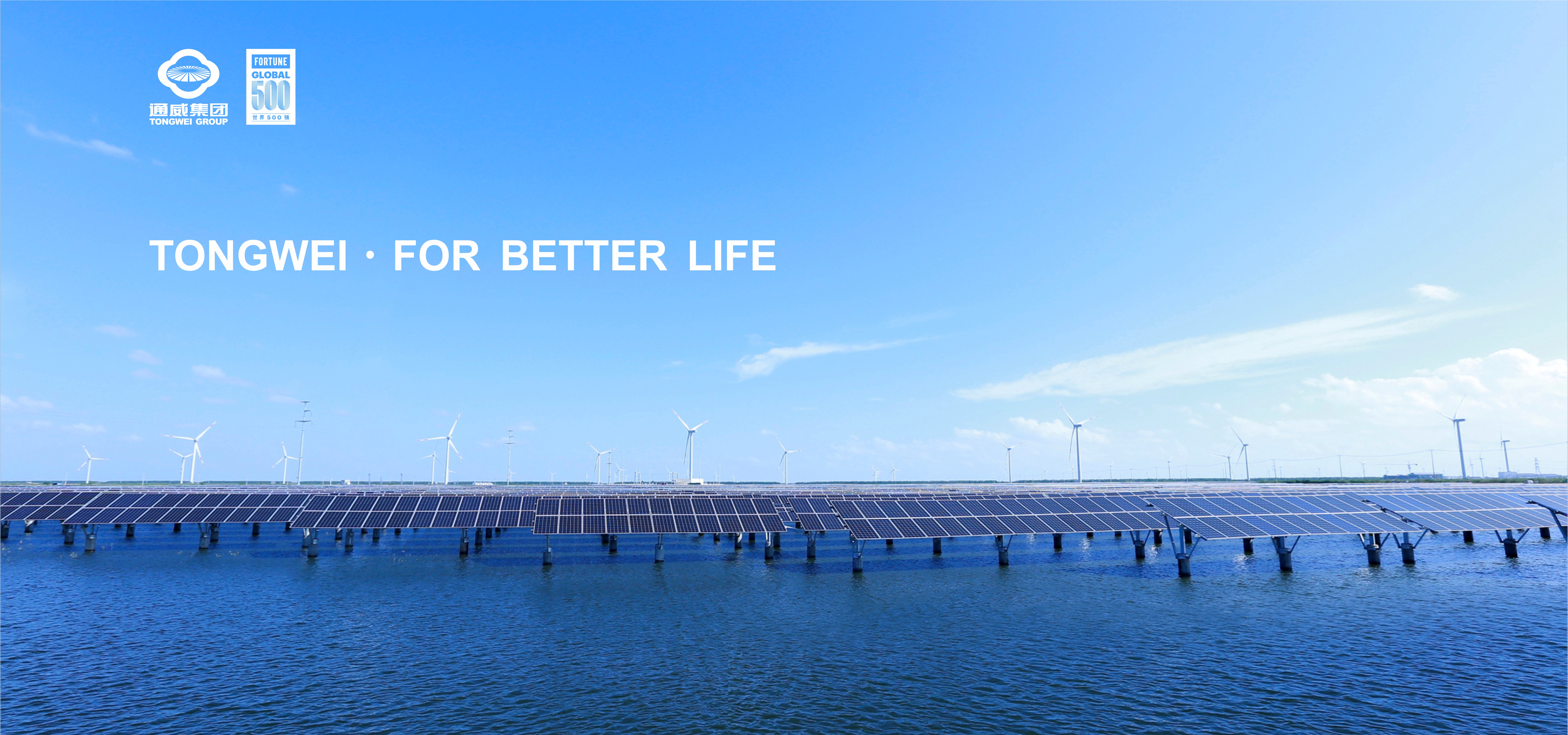2025-08-19
Following the Start of Autumn
which literally signifies the "beginning of autumn"
the season presents unique conditions for PV power stations
Despite shorter daylight hours
the autumn season typically experiences less rainfall
The autumn with clear sky and crisp air
provides superior solar irradiance and comfortable temperatures

These optimal conditions
are ideal for PV module operation
leading to peak power generation efficiency
Why not summer?
Despite the strongest solar irradiance and longest daylight hours
summer is not necessarily the season with the highest power generation
In fact, it may even underperform compared to spring or winter
Why is this the case?
Under Standard Test Conditions
(STC, which is typically defined as being 1000W/m2 of irradiance, with a cell temperature of 25°C)
the rated output power of PV module
decreases as the actual operating temperature
exceeds 25°C
The power degradation rate caused by temperature change
is determined by the module's temperature coefficient (usually negative)
Higher operating temperatures
directly lead to a reduction in module output power
thereby affecting power generation
In general
for every 1°C increase in temperature
the output power of N-type monocrystalline modules
decrease by 0.28% of the baseline value
Therefore, due to high temperatures, summer impacts the efficiency of modules and inverters
leading to increased failure rates. Consequently, overall power generation may decrease, making it not the season with the highest power output
A good generation season deserves good returns
Entering the peak season for PV power generation
choosing a high-quality module with high energy yield
high reliability, and assured service
is a crucial foundation for generating more power and achieving better returns
Tongwei TNC 2.0 modules integrate:
908 Technology
(Tongwei's proprietary 0BB technology)
Poly Tech
TPE Technology
and steel screen printing
These four technologies enhance the power generation
performance of the product across various scenarios
Eastern coastal region:

Based on calculations for a 1MW distributed color steel tile project
in China's eastern coastal region
using Tongwei TNC 2.0 modules (TWMNH-66HD640):
the estimated power generation in August is approximately
131,700 kWh
sufficient to meet the annual electricity needs of
78 urban and rural households
or to power an electric vehicle
for 658,500 to 1,053,600 kilometers
(Tongwei internal calculations)
Northwestern deserts

Based on calculations for a 100MW centralized PV power station
in China's northwestern desert
using Tongwei TNC 2.0 modules (TWMNH-66HD640):
the estimated power generation in August is approximately
17,612,800 kWh
equivalent to planting a forest of
approximately 90.84 hectares
(Tongwei internal calculations)
Southern coastal areas

Based on calculations for a 100MW centralized PV power station
in China's southern coastal region
using Tongwei TNC 2.0 modules (TWMNH-66HD640):
the estimated power generation in August is approximately
13,781,900 kWh
equivalent to reducing carbon dioxide emissions by approximately
12,981.17 tons
(Tongwei internal calculations)
Northeastern region

Based on calculations for a 100MW centralized PV power station
in China's northeastern region
using Tongwei TNC 2.0 modules (TWMNH-66HD640):
the estimated power generation in August is approximately
16,900,800 kWh
equivalent to reducing carbon dioxide emissions by approximately
15,918.86 tons
and annually saving approximately
5,095.59 tons
(Tongwei internal calculations)
Tongwei TNC 2.0 modules
driven by the "dual engines" of technological innovation and intelligent manufacturing
fully initiate "efficiency evolution"
to amplify the value of every ray of sunlight
and imbue every kilowatt-hour of electricity with greater significance
advancing green energy development
enabling a better life for mankind
making the brighter future within reach and ever more achievable

